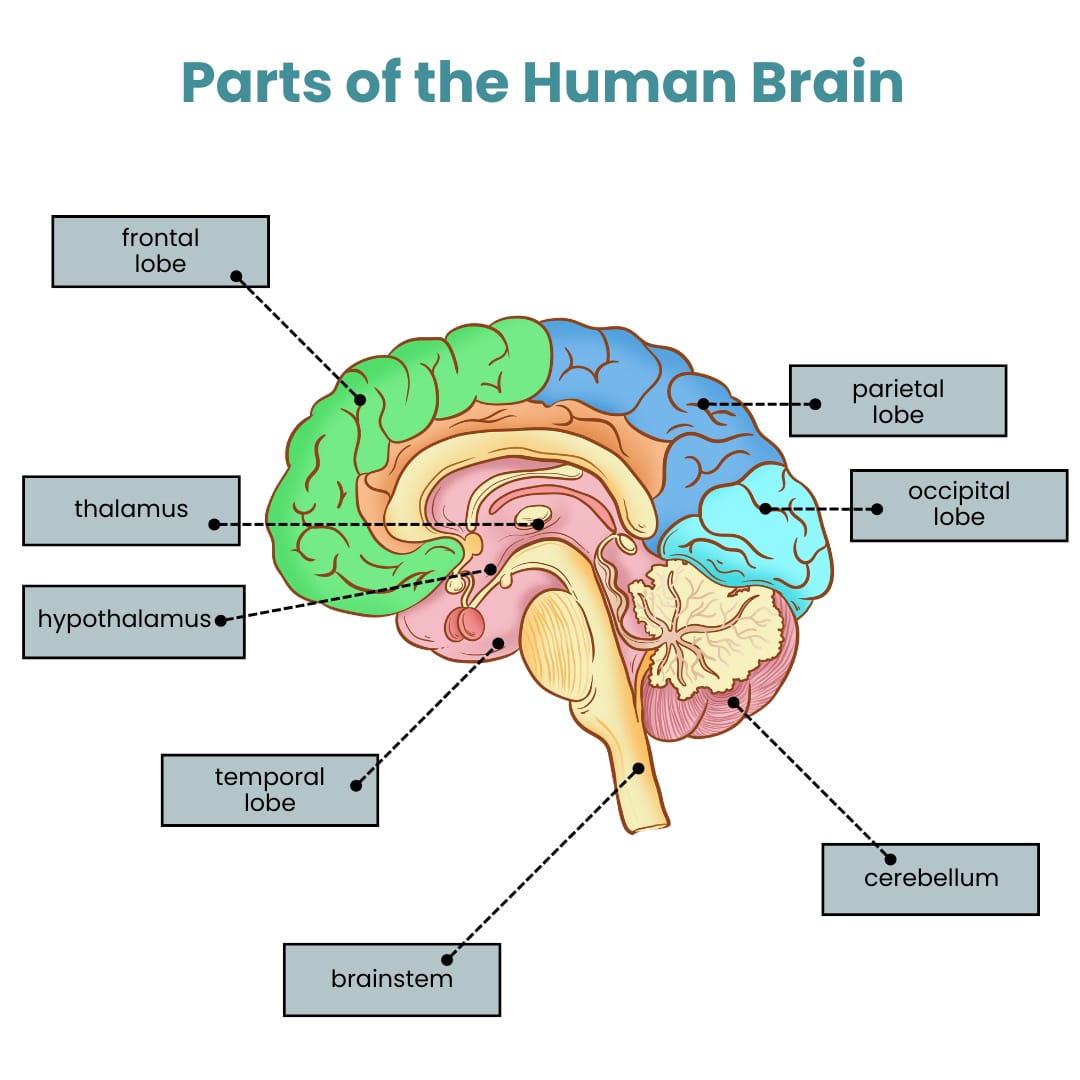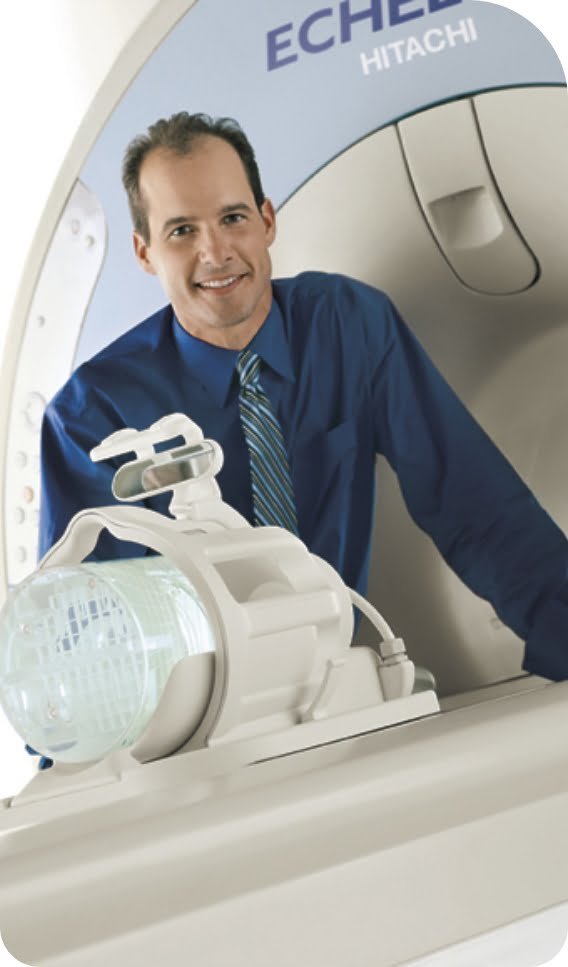Brain MRI for Early Diagnosis
A brain MRI (Magnetic Resonance Imaging) is a non-invasive medical test that uses powerful magnets and radio waves to create detailed images of the brain and its structures. It helps in diagnosing conditions such as tumors, strokes, infections, and neurological disorders. Unlike X-rays or CT scans, MRI does not use ionizing radiation, making it safer for repeated use. The high-resolution images provide critical insights into brain health, aiding in accurate diagnosis and treatment planning.

Why are Brain MRIs important?
A brain MRI helps doctors detect conditions like bleeding, swelling, developmental issues, tumors, infections, inflammation, injury or stroke damage, and blood vessel problems. It can also identify causes of headaches or seizures and check the functionality of a shunt. An MRI provides clearer images of brain areas that are less visible with X-rays, CT scans, or ultrasounds, making it especially useful for examining the pituitary gland and brain stem.
1
Detailed Imaging
Brain MRIs produce highly detailed images, allowing for precise visualization of brain structures and abnormalities.
2
Early Detection
They can identify conditions such as tumors, strokes, and infections at early stages, enabling prompt treatment.
3
Non-Invasive
MRI is a non-invasive procedure, avoiding the need for surgery or other invasive diagnostic methods.
4
No Ionizing Radiation
Unlike X-rays and CT scans, MRIs do not use ionizing radiation, making them safer for repeated use.
5
Soft Tissue Contrast
MRIs provide superior contrast between different types of soft tissues, essential for diagnosing various brain conditions.
6
Monitoring Treatment
They are crucial for monitoring the progress of treatment and the effectiveness of interventions like shunts.
6
Versatility
MRIs can image areas that are difficult to see with other imaging methods, such as the pituitary gland and brain stem, enhancing diagnostic accuracy.

What should you Expect on the Day?
On the day of your brain MRI, here’s what you can typically expect:
- Arrival and Check-In: Arrive at the imaging center or hospital a little early to complete any necessary paperwork and check in.
- Preparation: You may be asked to change into a hospital gown and remove any metal objects, such as jewelry, glasses, or hairpins, as metal can interfere with the MRI.
- Screening Questions: The technician will ask about any implants, pacemakers, or other metal objects in your body, as these can affect the safety and quality of the MRI.
- Positioning: You’ll lie on a movable table that slides into the MRI machine. Your head will be positioned comfortably, often with padding to help you stay still.
- Ear Protection: You’ll be given earplugs or headphones to protect your ears from the loud noises the machine makes during the scan.
- Contrast Dye (if needed): In some cases, you may receive an injection of a contrast dye to enhance the images. This is usually done through an IV in your arm.
- During the Scan: The technician will operate the MRI machine from another room but will be able to see, hear, and talk to you through a two-way intercom. The scan can take anywhere from 30 minutes to an hour. It’s crucial to remain as still as possible to get clear images.
- After the Scan: Once the scan is complete, you’ll slide out of the machine, and any IV will be removed if you received contrast dye. You can then change back into your clothes and go about your day.
- Results: The images will be reviewed by a radiologist, who will send a report to your doctor. Your doctor will then discuss the results with you at a follow-up appointment.
Why Should You Choose Manhattan MRI
- Advanced Technology: They use state-of-the-art MRI machines that provide high-resolution images, ensuring accurate diagnostics.
- Experienced Staff: Their team includes skilled radiologists and technicians who are experts in performing and interpreting MRI scans.
- Patient Comfort: They offer a comfortable and patient-friendly environment, including open MRI options for those who experience claustrophobia.
- Quick Appointments: Manhattan MRI often provides flexible scheduling and shorter wait times, allowing you to get your scan done promptly.
- Comprehensive Services: They offer a wide range of MRI services, from brain MRIs to other specialized scans, catering to diverse diagnostic needs.
- Insurance Assistance: They can help navigate insurance approvals and provide guidance on coverage, making the process smoother for patients.
- Convenient Location: Located in Manhattan, they are easily accessible, making it convenient for those living or working in the area.
How Much Does a Brain MRI Cost
In Midtown Manhattan, an MRI is covered by all insurance plans. Brain MRI costs without insurance typically $1,000 or more. The coverage benefits depend on the individual insurance plan. The benefits of either a brain or head MRI depend on your individual plan and network coverage. It might require prior authorization from your referring physician. Keep in mind that hospitals charge facility fees in addition to any studies performed, compared to outpatient centers.

